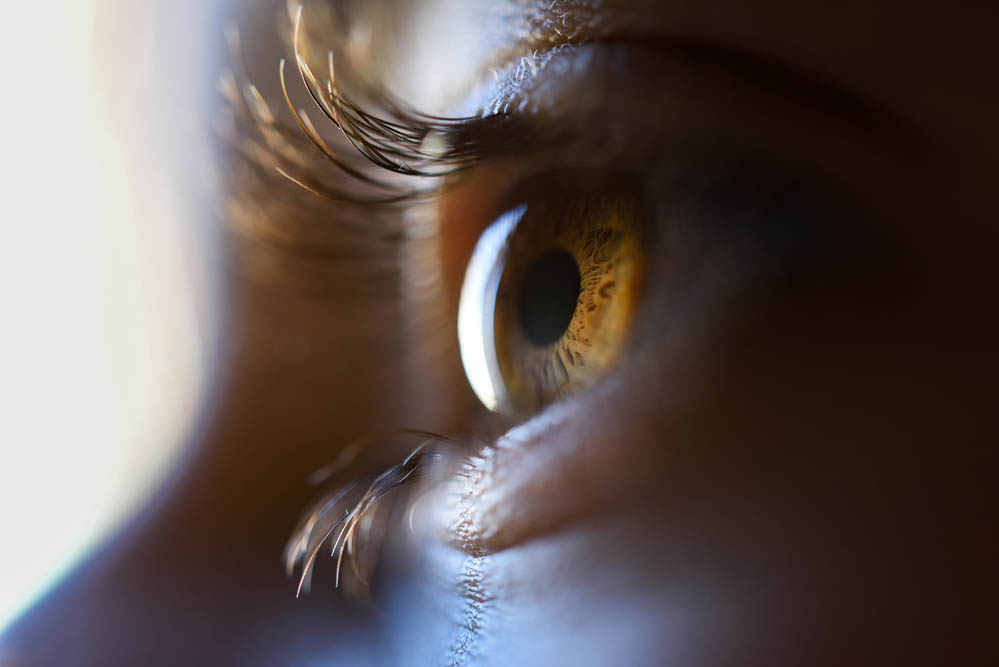WELCOME
Mental Health Therapy Outside the Box
There are things the world throws at us that we can’t always change, and we know cookie-cutter approaches to health and wellness don’t always work. We provide care designed to address the root cause and to sustain growth and well-being. We are a multiculturally affirming practice.
Our Services
We want you to feel confident that you can face the challenges presented by life in a manageable way, while maintaining peace and balance in the multiple roles you fill at home, at work, and in your relationships.
Our Specialties
We offer specialized care to address the unique needs of each individual. Our clinicians are committed to ongoing learning to enhance the therapeutic approaches we have available to best serve our clients.
Therapeutic Approaches That Support Your Journey
Healing often begins with the right support. We draw on proven therapies that address trauma, relationships and emotional well-being, always adapted to your individual needs.
Featured Provider
Delfina Arce MA
Delfina is passionate about providing safe space for clients to explore every part of who they are. Delfina is bilingual and offers services in both English and Spanish.








